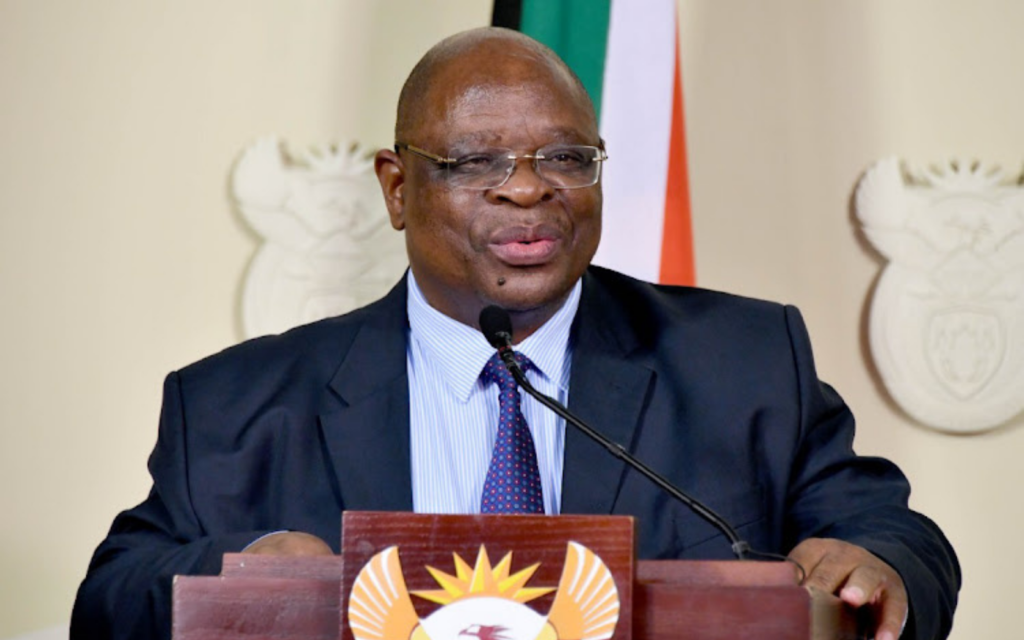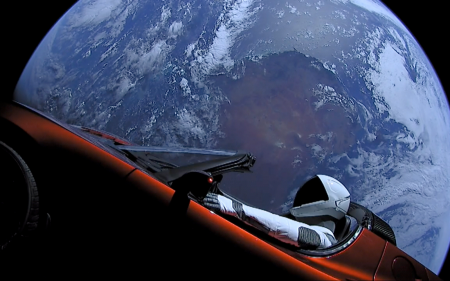The Zondo Commission has produced a report that made use of one petabyte’s worth of digital evidence. That’s the equivalent of 250,000 movies – at least one of which must be Tom Moyane fancying himself as Rambo of the Tax Reform, the imaginary crusader of incompetence over excellence that he was.
The first report, given by acting chief justice Raymond Zondo to President Cyril Ramaphosa on 4 January, landed via WhatsApp moments after it was handed over – surely a record for the release of such an important conclusion to a profoundly important commission of inquiry.
At 874 pages, the “Judicial Commission of Inquiry into State Capture Report_Part 1.pdf” was 18 megabytes. That’s all. It is an astoundingly honest assessment about the truly corrupt years of the Zuma administration, where through “negligence” and “collusion” the country’s state-owned enterprises were looted until they were broke and broken.
Like all the other news junkies, I read the whole thing, having cut-n-pasted it into a Word document so I could highlight the key quotes. Not only is this judicial accountability revolutionary, but so is the technology we now all use to review it.
I was a young reporter when the fax machine was still the dominant way to distribute a press release. I used to read through 30-page speeches by IFP leader Mangosuthu Buthelezi to find a 400-word story.
Now, I can search the pdf for “Zuma” to find the scathing assessment that: “Zuma fled the commission completely without any valid reason. He did so in order to avoid having to answer questions… He did not want to account to the nation. He knew he was not going to have answers to many of the questions that were bound to be put to him.”
This rampant digitalisation of the process of commissions, and the dissemination of their reports, is a fantastic upgrade for accountability and the sharing of information for this giant experiment we’ve got going called democracy.
It’s certainly a boon for us journalists.
But it is also a boon for democracy. In a myriad of ways.
Transparency is arguably the most important aspect of actual democracy in action. If all the tenders for Covid procurement are published online, for instance, a certain Pieter-Louis Myburgh can trawl through the health department’s discourse’s and find a little-known provider called Digital Vibes. A health minister’s career, and potential presidential ambitions, later… That’s what transparency enables.
When Rip von Ramaphosa wakes up, perhaps he can push that through as meaningful legislation for his legacy. It might be as transformative as the political parties funding bill has been to the sordid, back-room dealings of covert political party donations.
This is a wonderful portent to begin the new year with – as impossible as it is to overshadow the wanton, negligent destruction of Parliament by sheer incompetence and mismanagement.
It is worth noting that this is the year the US government will also take on Big Tech in a meaningful way – having already been upstaged by China’s take-down last year, as it takes the lead in some industries, especially the nascent AI field.
The regulation, or first attempts at it, of the unrestrained, monopolistic and privacy-destroying power of the so-called “Faangs” – Facebook, Apple, Amazon, Netflix and Google – is long overdue. Much like the Zondo report’s accounting.
Please can someone wake up the NPA. All the clues are neatly composed in an 18MB pdf.
- This article first appeared in the Financial Mail




